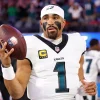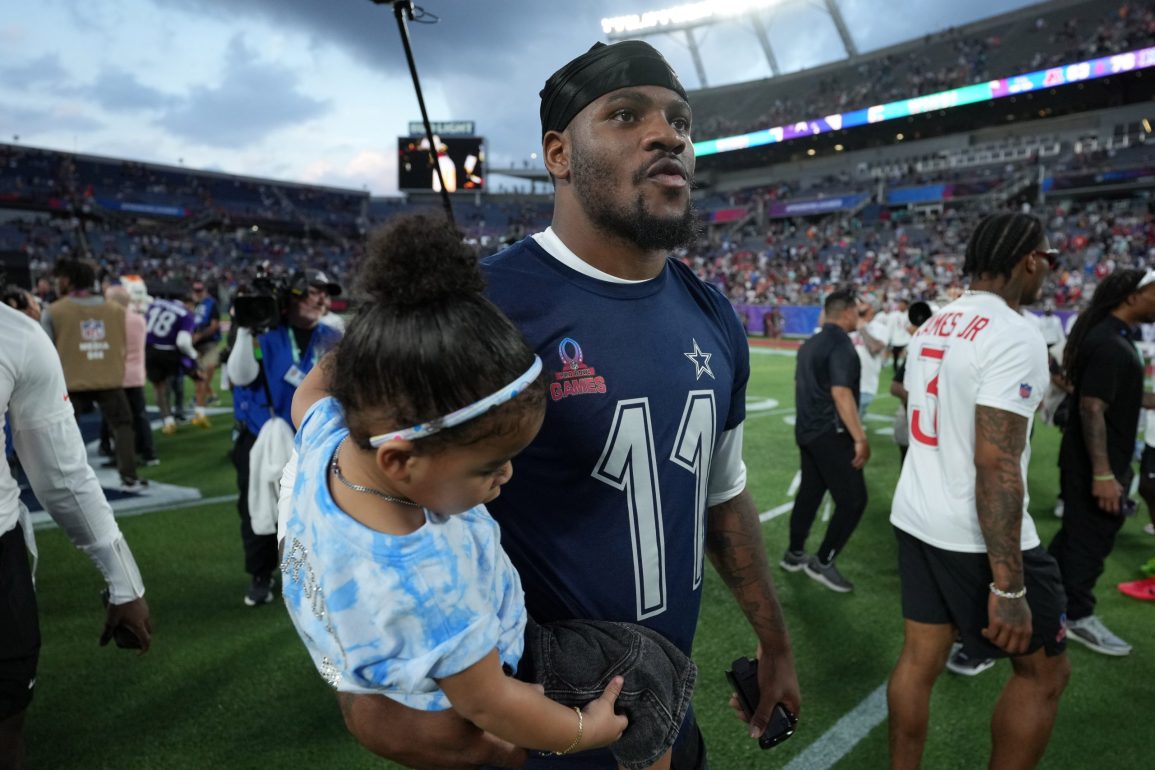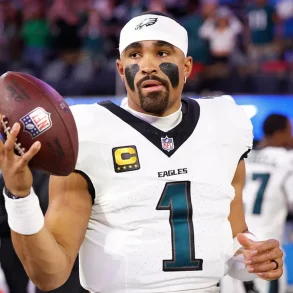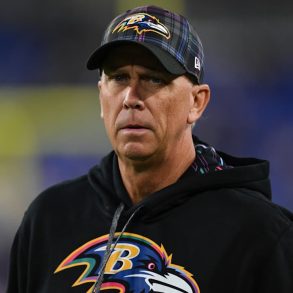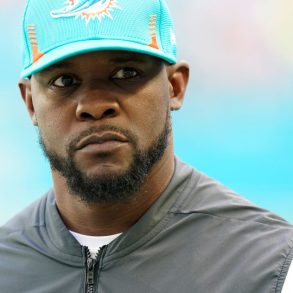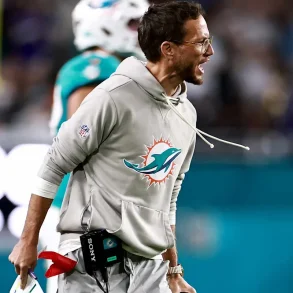The Dallas Cowboys are facing a major contractual decision regarding their star defensive player, Micah Parsons. With another top defensive player, Derek Stingley Jr., securing a long-term deal, the financial benchmark for elite defenders continues to rise.
Parsons, currently playing on the final year of his rookie contract, is overdue for an extension. Had the Cowboys acted earlier, they could have secured him at a lower cost. Now, the market for top non-quarterback contracts has surpassed $40 million per year, making Parsons’s next deal even more expensive.
Cowboys Hesitate on Parsons Contract Amid Financial and Commitment Concerns
The Cowboys’ hesitation in extending Parsons raises questions about their long-term plans. If they intend to keep him, waiting only increases the price they will have to pay. Currently, the expected contract for Parsons would start at around $40.3 million per year, slightly higher than the recent deal given to Bengals receiver Ja’Marr Chase.
This ongoing delay suggests that Dallas may be either unprepared to make such a financial commitment or unwilling to meet Parsons’s likely demands.
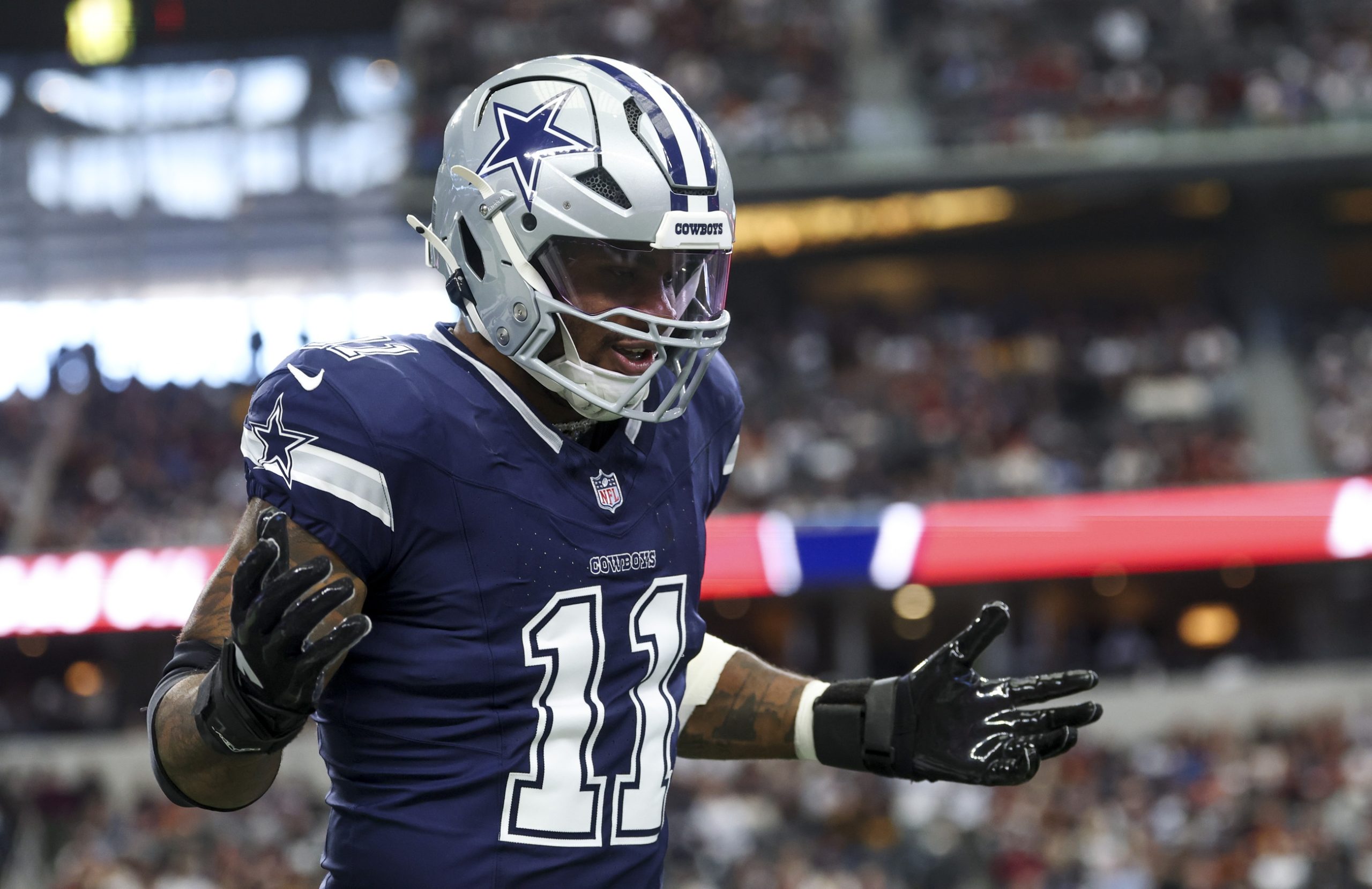
Beyond financial considerations, concerns about Parsons’s dedication have emerged. His decision to skip voluntary offseason workouts has not gone unnoticed, despite their non-mandatory nature. Additionally, his active presence on social media and podcasting has led to tension within the team. Last season, safety Malik Hooker openly questioned Parsons’s podcasting focus, leading to a rumored locker room shift.
More recently, former teammate DeMarcus Lawrence suggested that Parsons should focus more on winning than social media engagement. These concerns could be influencing the Cowboys’ hesitation in securing a long-term deal.
Dallas Must Decide Whether to Keep Parsons or Trade Him for Value
The Cowboys must now decide whether they truly see Parsons as a cornerstone of their franchise. If they value him as a future defensive leader, they need to act quickly and offer him a record-breaking deal. However, if concerns about his commitment and focus are serious, they may consider trading him while his market value remains high.
Either way, delaying the decision only creates more uncertainty and potential tension between Parsons and the organization.
Ultimately, the Cowboys must take decisive action—either extend Parsons or trade him while they can still receive significant assets in return. From Parsons’s perspective, he should refuse to participate in team activities until he secures a new deal, as playing on a low-value contract poses a financial risk.
The longer Dallas waits, the greater the risk of losing their defensive star or overpaying due to market inflation. The time for hesitation has passed; the Cowboys must either commit to Parsons or move on.
